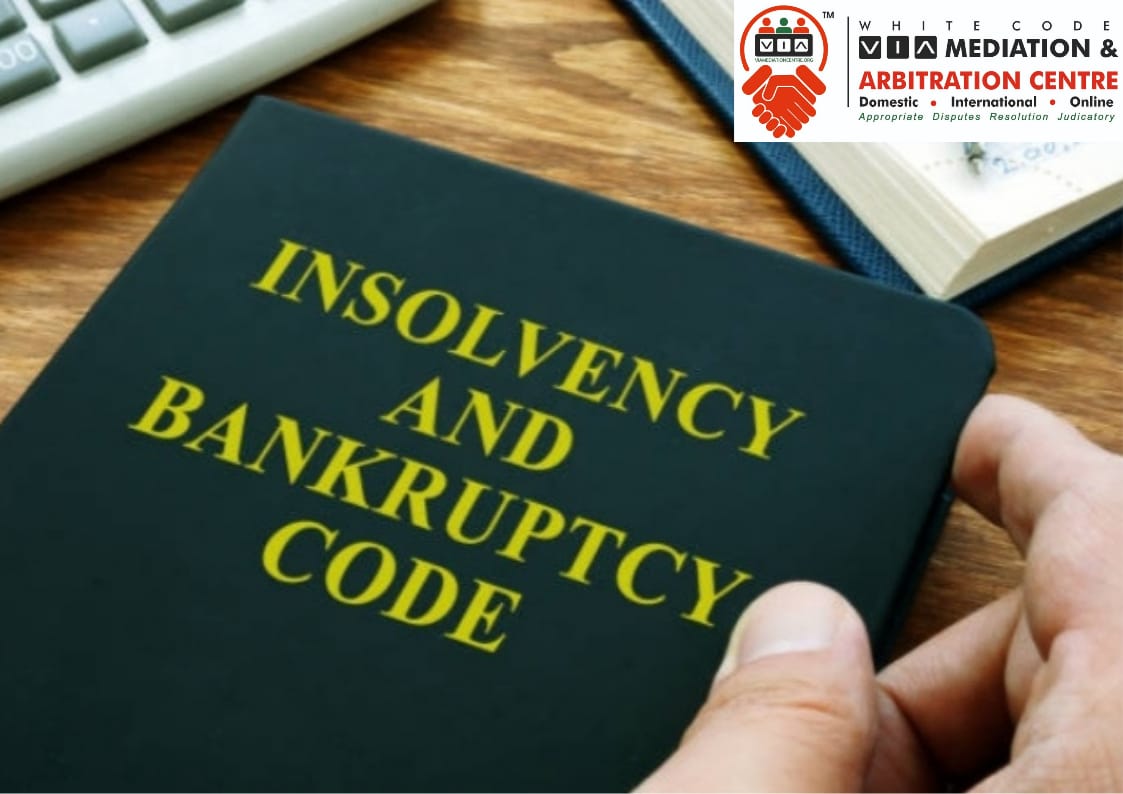Latest News
Decree 34 Impact: Assessing Recent Legal Developments in UAE Arbitration Landscape

Decree 34 Impact: Assessing Recent Legal Developments in UAE Arbitration Landscape
Introduction:
The issuance of Decree No. 34 of 2021 by the United Arab Emirates (UAE) brought significant changes to the arbitration landscape, particularly concerning the dissolution of the DIFC Arbitration Institution and the transfer of its responsibilities to the Dubai International Arbitration Centre (DIAC). This decree has sparked legal debates and challenges, with recent decisions from courts such as the United States Eastern District Court of Louisiana and the Singapore High Court shedding light on its implications. This article delves into the ramifications of Decree 34 and examines a recent ruling by the Singapore Court, offering insights into the evolving UAE arbitration framework.
Decree 34's Impact on Arbitration Agreements:
Decree 34's immediate effect on existing arbitration agreements, particularly those governed by the DIFC-LCIA, has raised questions regarding their validity and enforceability. While the decree stipulated the continuation of these agreements under the DIAC administration, recent legal proceedings have highlighted challenges in enforcing such agreements.
Singapore Court Decision Analysis:
The Singapore High Court recently addressed a dispute concerning the enforcement of a DIAC tribunal's award, stemming from a pre-Decree 34 DIFC-LCIA arbitration agreement. In this case, the respondent challenged the enforcement on grounds of inconsistency with the original arbitration agreement. Despite arguments for the validity of the DIAC arbitration, the court ruled against its enforcement, citing substantial differences between DIAC and DIFC-LCIA procedures.
Implications for New York Convention Compliance:
The decisions by the Louisiana Court and the Singapore Court underscore the importance of compliance with the New York Convention in arbitration matters. While both courts scrutinized the enforceability of arbitration agreements affected by Decree 34, their approaches varied. The analysis raises questions about the criteria for determining the validity of arbitration agreements under the convention and the role of the chosen seat of arbitration.
Addressing References to Defunct Arbitral Institutions:
The legal precedent suggests that courts often uphold arbitration clauses, even when referring to defunct arbitral institutions, by interpreting them in line with successor institutions or similar entities. However, the application of this principle in cases affected by Decree 34 remains contentious, as demonstrated by recent judicial interpretations.
Contrast with Abu Dhabi Arbitration Landscape:
A comparison with the Abu Dhabi arbitration landscape, particularly the introduction of arbitrate AD rules, provides insights into alternative approaches to institutional transitions. Unlike Decree 34, the explicit incorporation of successor provisions in arbitrate AD rules clarifies the administration of arbitration agreements, highlighting the importance of clarity and consistency in legal frameworks.
Concluding Thoughts:
Decree 34 and its aftermath underscore the complexities inherent in institutional transitions within arbitration frameworks. While legal interpretations may vary, preserving the parties' intent to arbitrate remains paramount. As courts grapple with the implications of Decree 34, there is a pressing need for pragmatic solutions that uphold arbitration agreements' integrity and ensure compliance with international arbitration standards, as outlined in the New York Convention. By analyzing recent legal developments and judicial decisions, stakeholders can navigate the evolving UAE arbitration landscape and adapt their strategies to mitigate potential uncertainties arising from institutional reforms.
- This decree has sparked legal debates and challenges, with recent decisions from courts such as the United States Eastern District Court of Louisiana and the Singapore High Court.
- Despite arguments for the validity of the DIAC arbitration, the court ruled against its enforcement, citing substantial differences between DIAC and DIFC-LCIA procedures.
- The analysis raises questions about the criteria for determining the validity of arbitration agreements under the convention and the role of the chosen seat of arbitration.

















































































































































































































































































































































































































































































































































































































































































































































































































































































































































































































































































































































































































































































































































































































































































